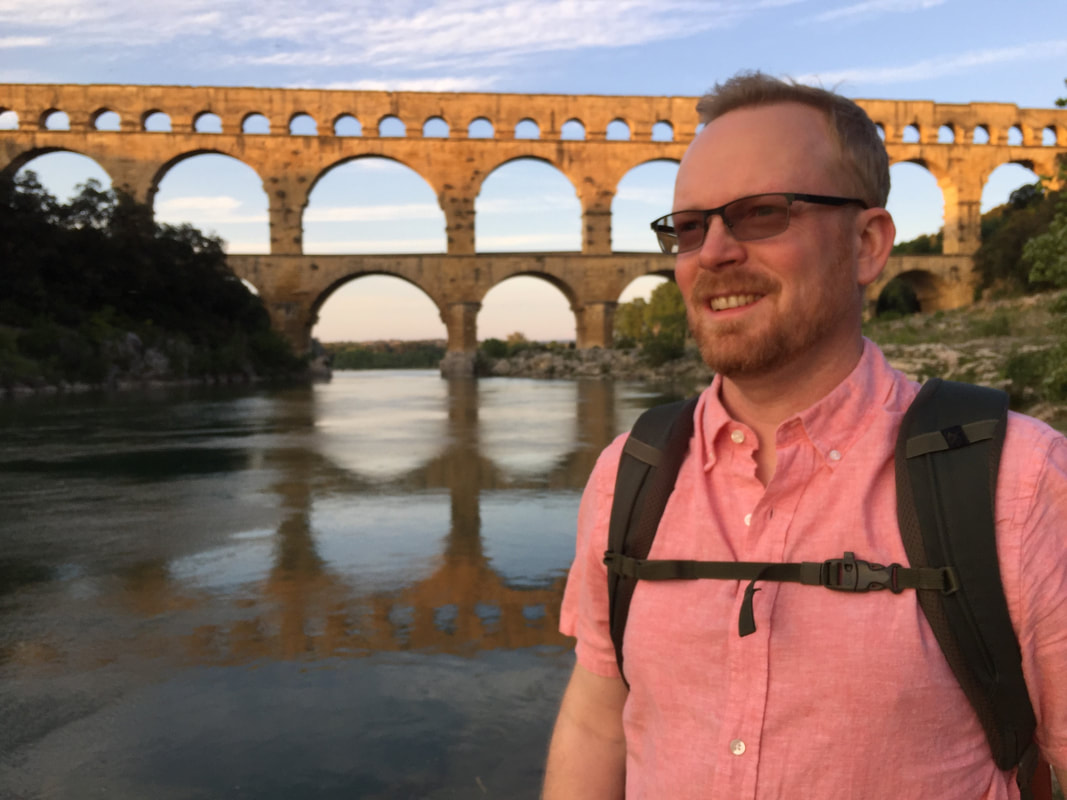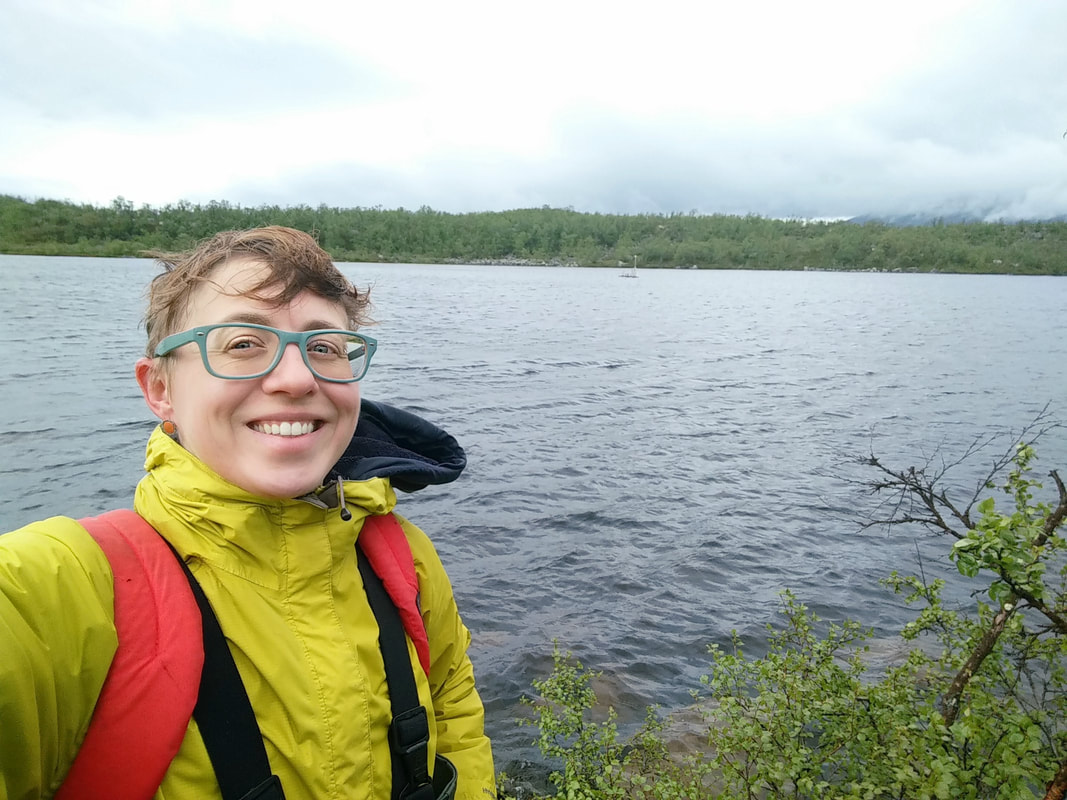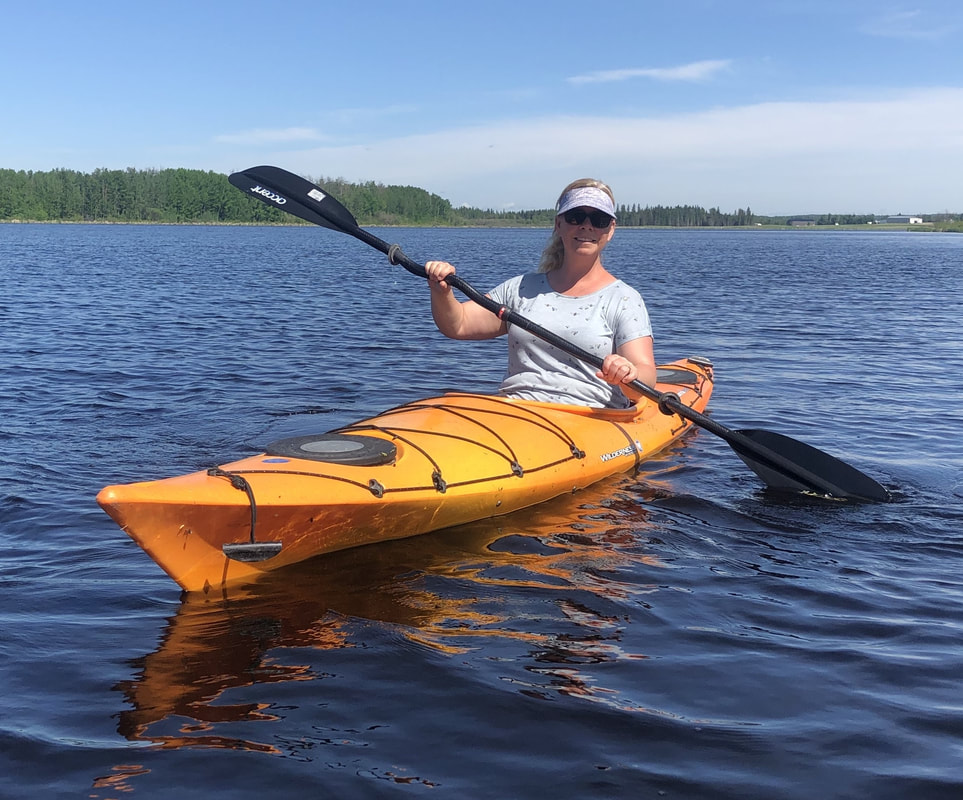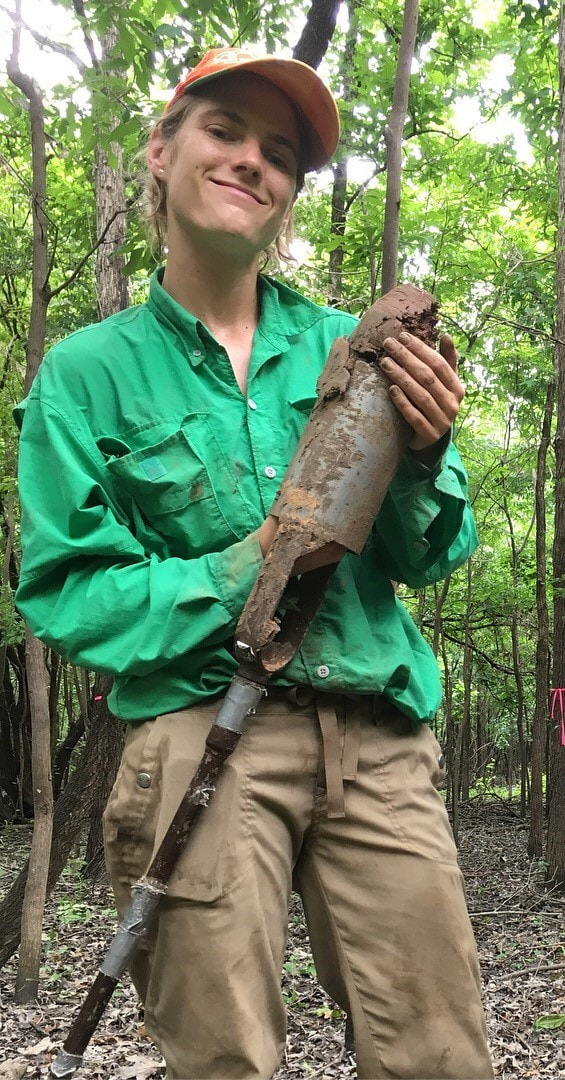For me, the meaning of ecohydrology has changed with time. At first, ecohydrology had a fairly limited scope for me (i.e., plant-water relationships in water-limited environments), which was based mostly upon my early readings and classes in hydrology. However, I now struggle to put bounds on ecohydrology. I think of ecohydrology more of an umbrella term that captures the essence of a lot of the interdisciplinary science and systems thinking that is driving environmental science, engineering, and policy these days. It resonates with me over other water-related sub-disciplines, because my research is driven by addressing fundamental ecosystem questions through the lens of hydrology.
What are your undergraduate and graduate degrees in?
My undergrad degree is in Geology from a small liberal arts college in the US (Colby College). I got to that degree via a path that started off in pre-medicine, and transitioned to Geology after a couple mind-blowing classes about earth and ecological systems. My graduate degrees, both Masters and PhD, are from graduate Hydrology/Water Resource programs at land-grant, research-intensive universities in the US (Utah State University and Oregon State University).
How did you arrive at working in/thinking about ecohydrology?
Philosophically, I’ve always been a naturalist at heart. I have always loved the complexity of ecological observations and systems. Later, when I discovered hydrology, I loved the physics-forward and process-based approach of studying water. It was a natural progression in my thinking to try to use hydrology to reveal what drives the apparent complexity in ecosystems, and this still drives much of my work today. In other simpler words, I thought, “How does physics set the limits, and biology get it done?” Practically, there were a lot of difficult life events, exciting serendipity, whimsical decisions, and influential mentors that also played a big role in bringing me to work in ecohydrology. It was definitely not all sorted out by following some scholarly philosophy! I just kept moving forward using some guiding principles, and I arrived here.
What do you see as an important emerging area of ecohydrology?
I think focusing more on understudied regions of the world, especially the ecohydrology of remote permafrost regions is an exciting frontier for ecohydrology. I also think that the macrosystem ecology revolution, which is very empirically driven, can interface nicely with process-based modeling approaches of hydrology. Linking the macrosystems ecology and hydrologic models will move ecohydrology into new exciting applications and address questions at larger spatial and temporal scales.
Do you have a favorite ecohydrology paper? Describe/explain.
Gah, only one?!?! Tough question! Ok, I’ll go with the fairly recent Bernhardt et al., (Ecosystems, 2017) “control points” paper, which is a conceptual update and expansion of the iconic “hot spots” and “hot moments” of ecosystem processes in watersheds by McClain et al. (Ecosystems, 2003). This paper so clearly shows how we can gain a much deeper understanding of ecosystem patterns and processes if we confront and embrace quantifying the abundance, flowpath, and timing of water moving through watersheds and their river corridors. I also love the origin story of this paper... Go check it out!
What do you do for fun (apart from ecohydrology)?
Good question. That too has evolved with time. It used to be all about me traveling and discovering new remote places, cultures, and interesting foods. Now, I have kids, and it is more about creating opportunities for them to have their own discoveries of new places, cultures, and food. It is so much fun to see them make these discoveries. Travel is still endlessly invigorating for me. A big perk of the faculty job I have is the ability to do work that facilitates travel and discovery. I also love cooking, and try to cook at least 1 exciting new dish a week. You will often find me looking for inspiration in the New York Times Cooking App or our cookbook collection.




 RSS Feed
RSS Feed